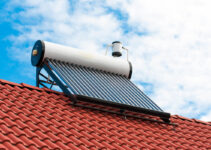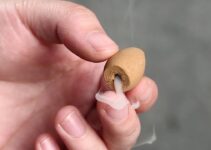Although a grease trap is mostly considered to be a utility used by restaurants, it does not stop you from getting one and use it in your household. The point of a grease trap is to gather all sorts of greasy impurities, along with food leftovers, and prevent them from reaching the sewerage system. Therefore, it is mostly used by kitchens handling huge quantities of food. Since the job a grease trap is in charge of performing is not overly clean, it is reasonable to experience particular odors coming from it from time to time, but that does not mean that the situation should not be regulated as soon as the scent becomes noticeable. Thus, read the following lines and learn what to do in order to stop a grease trap from smelling.
Dangers Other than the Smell Itself

Source: mrplumberatlanta.com
Although a grease trap is a vital device that helps us preserve the environment, the smell it can generate might affect our surroundings in an alternative way. Namely, we have established that it is mainly used near kitchen facilities, so that implies that somewhere nearby somebody is eating the food coming from the kitchen in question. It would be inappropriate to highlight what sort of reaction would the foul odor coming from a grease trap cause if an eating man would sense it, so the issue should be dealt with as soon as possible. Any further explanation on how it would affect the credibility of a business or a public facility is superfluous. In order not to risk being in a situation as previously described, what should be done regularly is adequate maintenance of the grease trap and timely replacement of defective parts.
Why Does the Grease Trap Smell?
You should not be asking yourself why does the grease trap smell considering what is the purpose of it, but why does the smell escape the trap and reaches the noses of the ones around it. The reasons for the smell could be various, and the most certain thing that will help you to determine what is going on is to inspect the grease trap and make sure what is going on at the site itself.
Faulty P Trap
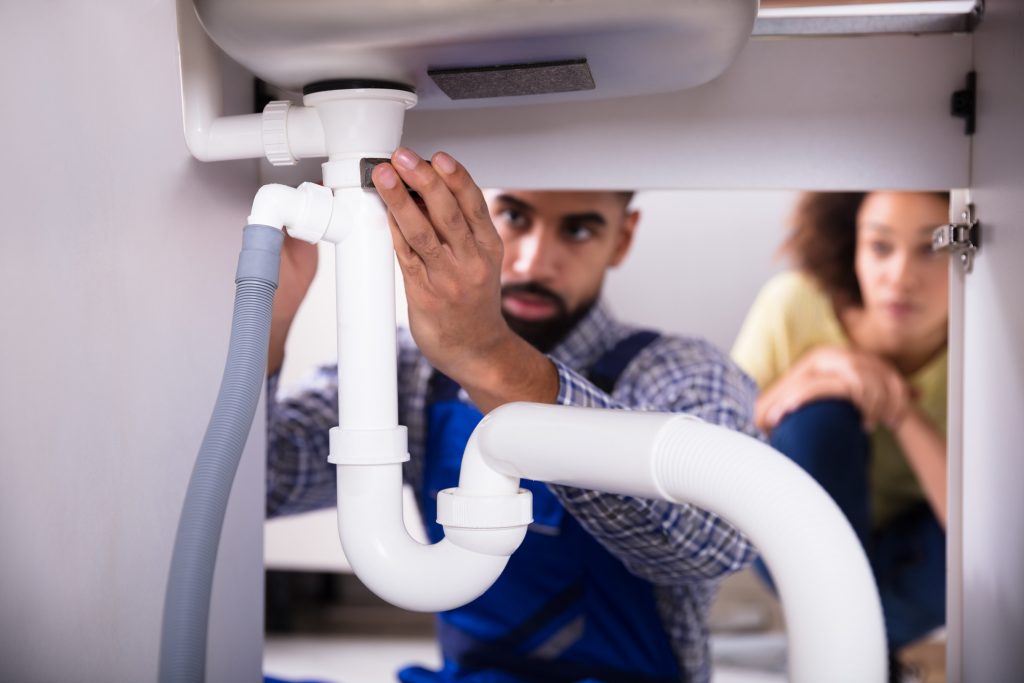
Source: johncflood.com
The job of a p trap is to lead the smelly gasses away from your grease trap and to release them somewhere where it would not cause inconveniences neither to the ones who prepare the food nor to the ones who eat it. If anything with the p trap is wrong, you should be aware of it shortly after the malfunction occurs, since there would be nothing left to drain the odor. Surely, you cannot be sure your p trap is causing the trouble unless you investigate the “crime scene”. Since p traps are not that hard to be changed you can fix the problem soon after detecting it or you should call a specialized service to do it for you. Also, you should visit greasetrapphiladelphia.com and find additional ways you can treat your grease trap and seek the advice of the pros if you cannot deal with the issue on your own.
Negligence
If you fail to frequent your grease trap before it shares a portion of its insides with you, you will most definitely have to pay it a visit once it becomes a hazard for your business. Namely, it is of utter importance to maintain it frequently in order not to put yourself in an unenviable position and deal with a bunch of impurities once you are not prepared.
Broken Vents
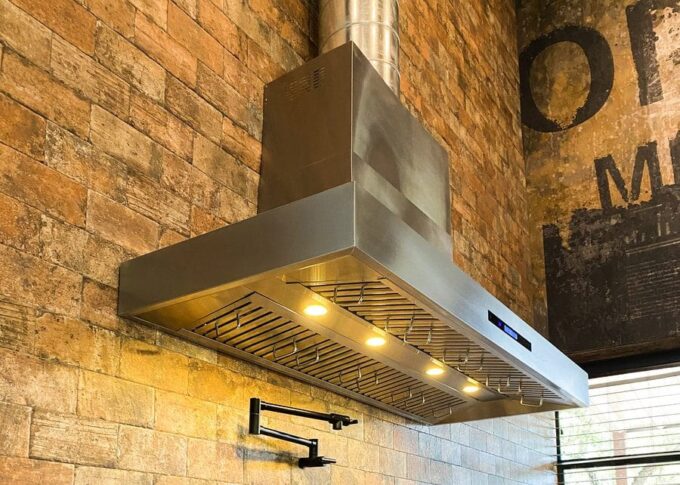
Source: prolinerangehoods.com
You should be aware that the grease trap should be adequately aerated unless you want to suffer from the results of food decay. Reasonably, the purpose of the ventilation should be to lead the smelly gasses away from the kitchen. If the system gets faulty, you will be able to smell it shortly after, solely, you would still need to check if that is the reason your grease trap smells awkward.
What Should You Do to Banish the Stench?
If even after the inspection and the repairs your grease trap continues to bother yours and the sense of smell of others around it, you should try some of the kitchen tricks certain individuals use to get rid of the sink smell. Although regular maintenance is the most effective way to prevent the smell from polluting the area, there are certain tips and tricks you could try and fix the problem.
Sodium Bicarbonate and Vinegar
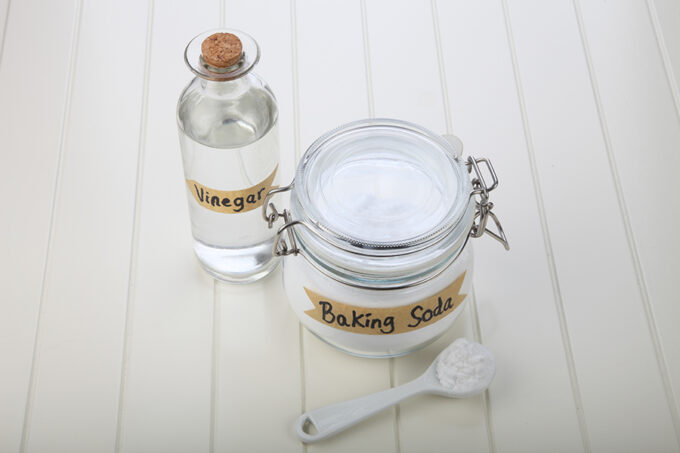
Source: medicalazul.com
Sodium bicarbonate, or shortly, baking soda, is already famous for its multifunctional use. People use it for cleansing their bodies but it is also useful both in the kitchen and around it. Jokes aside, but you could easily get rid of the stubborn smell coming from the grease trap if you would simply mix it with vinegar and treat the smelly thing. There are numerous recipes and they all work. Thus, firstly sip a handful of baking soda into the sink and pour out some vinegar. After a quarter of an hour, when the bubbly reaction is finished, use boiling water to wash away what is left. You do not have to wait for the grease trap to warn you it needs attention again, but repeat the procedure from time to time.
Salt and Boiling Water
Even this recipe requires the usage of boiling water. The point is that it enables the fats to change their state and transform from solid to liquid. With the addition of salt, which is famous for its abrasive properties, you should be able to handle the smelly thing without too much trouble. Just pour the water first, then add a handful of salt and use the boiling liquid again.
Hydrochloric Acid

Source: chela.co.uk
Although hydrochloric acid can be dangerous if not used properly, it can help you get rid of the smell from the grease trap. We should warn you that you should not breathe in the vapors and that you should wear protective gloves at all costs. The procedure is simple since all you need to do is pour the acid in the sink and cover it with, guess what? Yup, with boiling water. Since the acid will react with fats but also change its state due to high temperature, make sure you aerate the room before using it again.
Hopefully, you will make use of the aforementioned pieces of information and put them to good use. We know that the discussed issue can get a bit tricky, but you can easily fix it if you use the right approach. Just remember that prevention and regular maintenance are what make the ideal tandem that keeps the nasty smells away from your kitchen.



